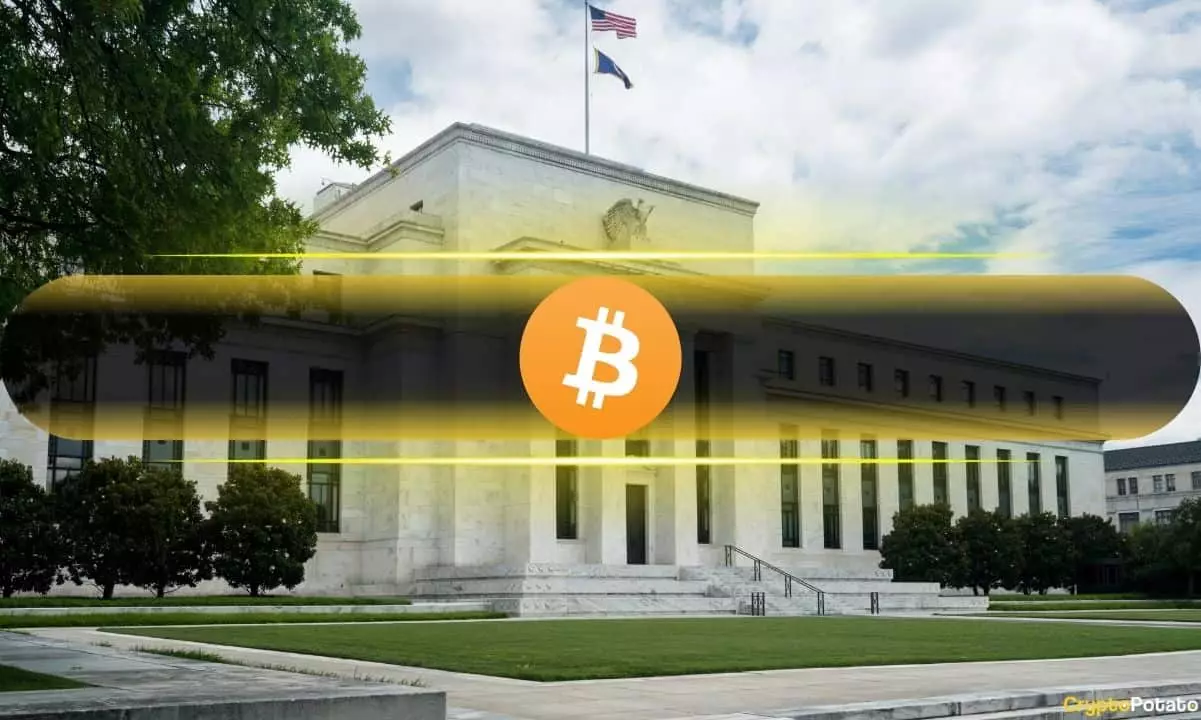Recent data from a survey conducted by ConsenSys and HarrisX offers illuminating insights into the sentiment surrounding cryptocurrency among U.S. voters. An astonishing 49% of respondents stated that a candidate’s pro-crypto position is a critical factor in their voting decisions. This level of importance indicates that cryptocurrency is rapidly becoming a prominent issue on the political agenda, comparable to traditional matters like healthcare and the economy. Furthermore, the study reveals that 62% of voters are open to supporting a candidate from an opposing party if that individual champions pro-cryptocurrency policies. This willingness to cross party lines highlights the unifying potential of cryptocurrency as a forward-thinking issue that transcends typical political divides.
The survey also underscores that a significant 85% of respondents expect presidential candidates to articulate a definitive stance on cryptocurrency. This expectation creates an opportunity for political parties to tap into a potentially lucrative voter base by offering clear and proactive stances on crypto affairs during the upcoming elections. The findings signal an urgent need for politicians to discern and address the growing interests of voters who view cryptocurrency as an essential component of the future economy.
The survey reveals broader concerns among voters regarding the current regulatory landscape. A notable 44% of participants expressed dissatisfaction with the Biden administration’s approach to supporting the crypto industry, indicating a perceived gap in proactive regulatory measures. This dissatisfaction is compounded by the fact that 78% of respondents voiced support for politicians who prioritize user protection against crypto-related scams and fraud. There seems to be a growing discourse that regulation is not necessarily an enemy to the crypto community; instead, it can be seen as a mechanism that can bolster investor confidence and protect ordinary users.
Joe Lubin, the CEO of ConsenSys, emphasized the myth that the crypto community opposes regulation, advocating for a more nuanced view. His perspective reflects a growing consensus that regulatory clarity is vital for the maturation of the crypto sector. Both parties, in recognizing the significance of cryptocurrency, have the potential to fortify their appeal among a diverse voter demographic. The call for clearer regulations resonates not just within crypto enthusiasts but spans a broader electorate concerned with consumer protection and market integrity.
Interestingly, the survey sheds light on a considerable knowledge gap regarding regulatory oversight in the crypto sector. Only 15% of participants accurately identified the Securities and Exchange Commission (SEC) as the primary regulatory body governing cryptocurrency. Moreover, 11% believed the industry operates under self-regulation, indicating a lack of awareness about the existing frameworks designed to govern these digital assets. This confusion suggests that voters may feel misinformed, which could translate into hesitation when considering investments in cryptocurrencies.
When queried about which agencies are best positioned to develop effective cryptocurrency policies, a significant majority pointed to the SEC (70%) and the Commodity Futures Trading Commission (CFTC) (67%). These findings provoke a compelling dialogue about the importance of educating the public on regulatory structures while also advocating for government bodies to take proactive roles in demystifying the regulatory landscape.
The study also scrutinized public perceptions of political figures concerning their mastery of cryptocurrency concepts. Interestingly, former President Donald Trump emerged as the most widely regarded political figure with knowledge about cryptocurrency, with 53% of respondents acknowledging his comprehension of the sector. Contrastingly, only 41% rated Vice President Kamala Harris positively, while a mere 36% trusted President Joe Biden’s understanding of crypto-related policies. This stark discrepancy underscores the necessity for current political leaders to better engage with and inform themselves about cryptocurrency to effectively address voter concerns.
Across all political affiliations, voters are increasingly advocating for stronger fraud prevention and consumer protections within the cryptocurrency space. This demand for enhanced transparency and security resonates with both Democrats and Independents, with the latter group calling for more explicit regulatory guidelines. As the cryptocurrency landscape continues to evolve, it remains crucial for elected officials to address these concerns diligently.
In summation, the implications of the survey’s findings demonstrate that cryptocurrency is likely to emerge as a critical electoral issue in upcoming elections. Politicians would be wise to heed the electorate’s call for clear, informed, and constructive engagement with cryptocurrency to build trust and attract votes in an ever-competitive political landscape.

